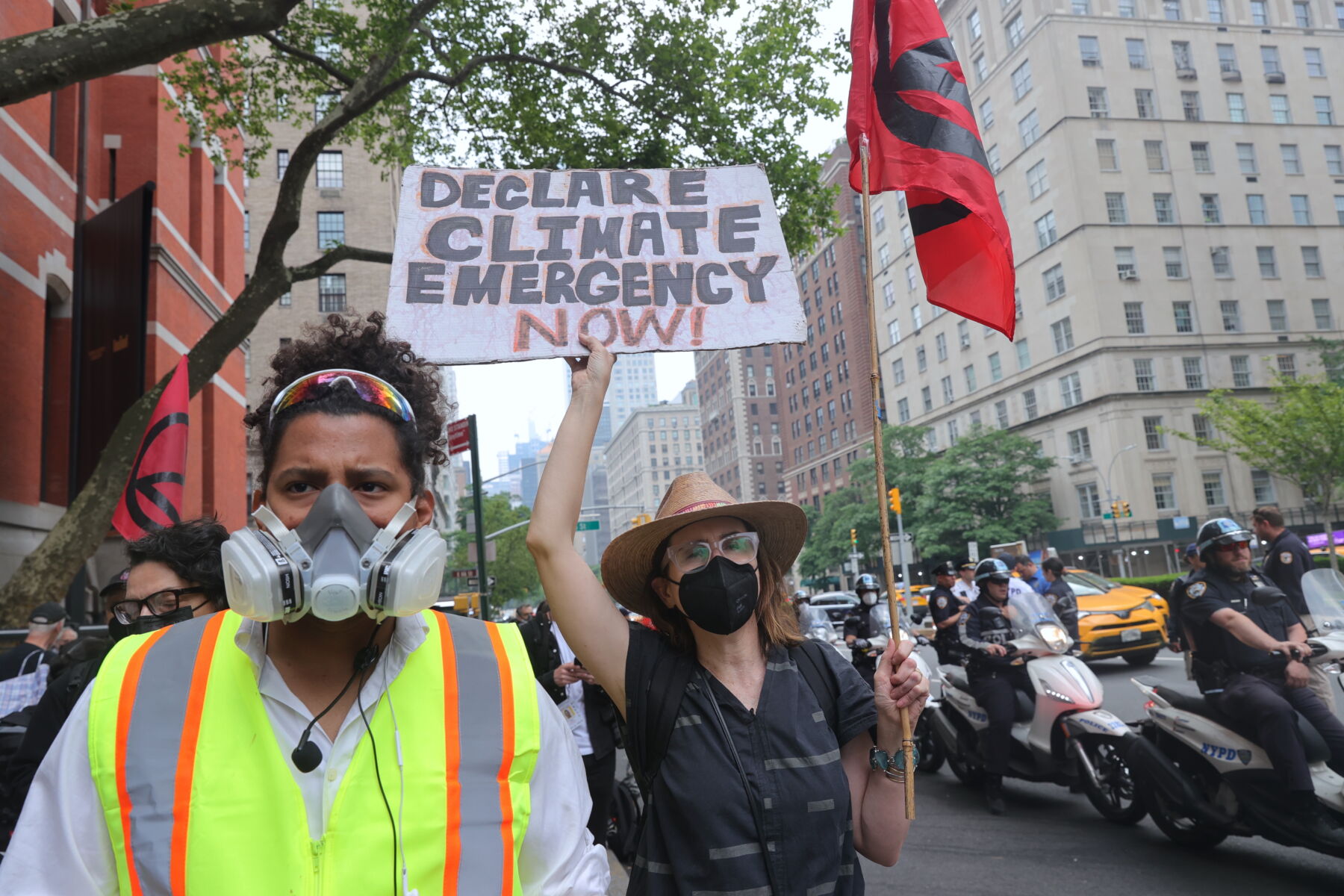Youth-led climate case in Montana could set precedent for US government

A groundbreaking youth-led climate case is set to commence on Monday in Helena, Montana, marking the first time such a case has reached trial in the United States. Held v State of Montana involves 16 plaintiffs, aged between five and 22 years old, who claim that Montana’s promotion of a fossil fuel-reliant energy system breaches their right to a clean and healthy environment under the state constitution. The trial is expected to run until June 23.
According to Michelle Bryan, a natural resources and environmental law professor at the University of Montana, this case is unique as it will be the first instance where young people and climate scientists will testify about climate injury and the government’s role in preventing it. Barbara Chillcott, an attorney at the Western Environmental Law Center working on the case, stated that the trial would provide an opportunity for young people to share their experiences of climate change-related harm alongside expert climate scientist witnesses.
The plaintiffs’ case will focus on the fundamentals of climate change and the harms caused by it, as well as Montana’s contribution to the climate crisis and the potential for the state to transition to renewable energy. If the plaintiffs are successful, it could set a precedent for the government to consider climate impacts when making decisions related to fossil fuels. This could potentially influence other states with similar constitutional clauses regarding clean and healthful environments, such as New York and Pennsylvania.
Montana Attorney-General Austin Knudsen and the state’s Republican supermajority have made multiple attempts to derail the trial, including repealing the state’s 30-year-old energy policy and altering the Montana Environmental Policy Act. However, these efforts have been unsuccessful in preventing the case from going to trial.
Kyler Nerison, Knudsen’s communications director, dismissed the lawsuit as a “meritless publicity stunt” aimed at boosting fundraising for political activism. However, Chillcott countered that the state’s tactics appeared “desperate” and that they would prove their case in court.
Latest Thailand News
Follow The Thaiger on Google News:
























